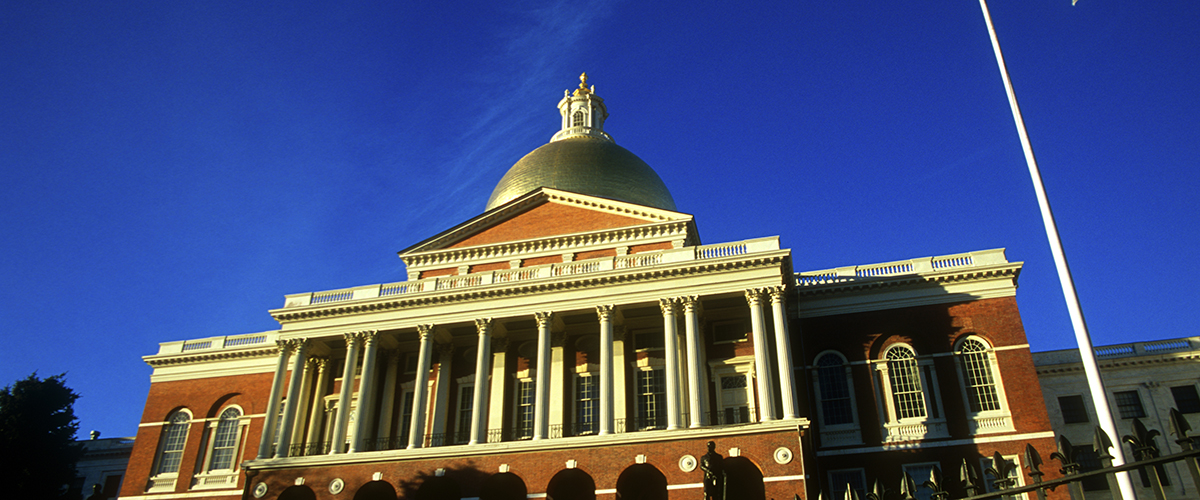[vc_row][vc_column][vc_column_text]
A bill to reform Massachusetts’ voter-approved recreational marijuana ballot law is now being considered by Governor Charlie Baker.
Massachusetts State House and Senate lawmakers reached an agreement earlier this month on the state’s voter-approved recreational marijuana law. Voters legalized recreational marijuana in November of last year, but the state has yet to implement the law. This new bill reforms measures of the ballot law, including tax rate and control over banning marijuana retail stores in cities and towns.
“We have protected the right of adults to grow, possess, and use marijuana. To give them access to a safe, legal supply, the bill removes barriers to the development of a legal market,” said Sen. Patricia Jehlen, a Somerville Democrat.
The House approved the reform bill with a 136-11 vote. Then the Senate, with a 32-6 vote, approved it. It has been sent to Governor Charlie Baker, who can sign it into law or send it back to the legislature with amendments.
One of the biggest changes in the new law is the tax rate. The marijuana initiative approved by voters called for a maximum 12 percent tax. This new reform bill nearly doubles that rate, proposing up to a 20 percent tax. It would be made up of a 6.25 percent sales tax, a 10.75 percent excise tax, and a 3 percent “local option” that cities and towns could levy.
“The rate that was set by the ballot question wasn’t enough to implement the regulatory structure that would be required for a brand new industry such as marijuana,” State Rep. Michael Finn (D-West Springfield) told 22 News. “We can always revisit this if something’s not working.”
Massachusetts would have had one of the lowest tax rates of the eight states that have legalized recreational marijuana. Maine is expected to have a 10 percent tax. The state of Washington charges a 37 percent tax on sales.
“[The new tax rate] protects the rights of medical marijuana patients, and gives opportunity to farmers and to people who have been harmed by the War on Drugs,” added Sen. Jehlen. “The tax rate remains among the lowest in the country, and the same as in Oregon, often seen as successful.”
The reformed bill also amends how cities and towns would be able to decide whether to ban cannabis retail stores. In the original law approved by voters, a referendum would be required. Under the reformed law, it would depend on whether that town had originally approved recreational marijuana in November. In towns that had approved the measure, voters would be able to ban shops through referendum. In towns that voted against legalizing recreational marijuana, however, local leaders would be allowed to decide to ban shops.
The personal possession and home cultivation limits remain the same. If the bill were signed into law, adults over the ages of 21 would be able to legally possess up to 10 ounces of marijuana inside a primary residence and up to 1 ounce outside the primary residence. Adults in a household would be able to cultivate up to 12 cannabis plants.
The conference bill also combines Massachusetts’ medical marijuana and recreational marijuana under one oversight authority and legalizes the production of hemp. All cannabis programs will be overseen by the Cannabis Control Commission.
The delay in implementation by lawmakers has pushed out the launch date of marijuana retail shops to July 2018. Originally, shops were scheduled to open January 2018. Once shops do open, the state is expected to generate $64 million in taxes in the program’s first year.
Massachusetts is one of eight U.S. states to legalize recreational marijuana. You can learn more about cannabis laws throughout the U.S. by visiting our education page.[/vc_column_text][/vc_column][/vc_row]






